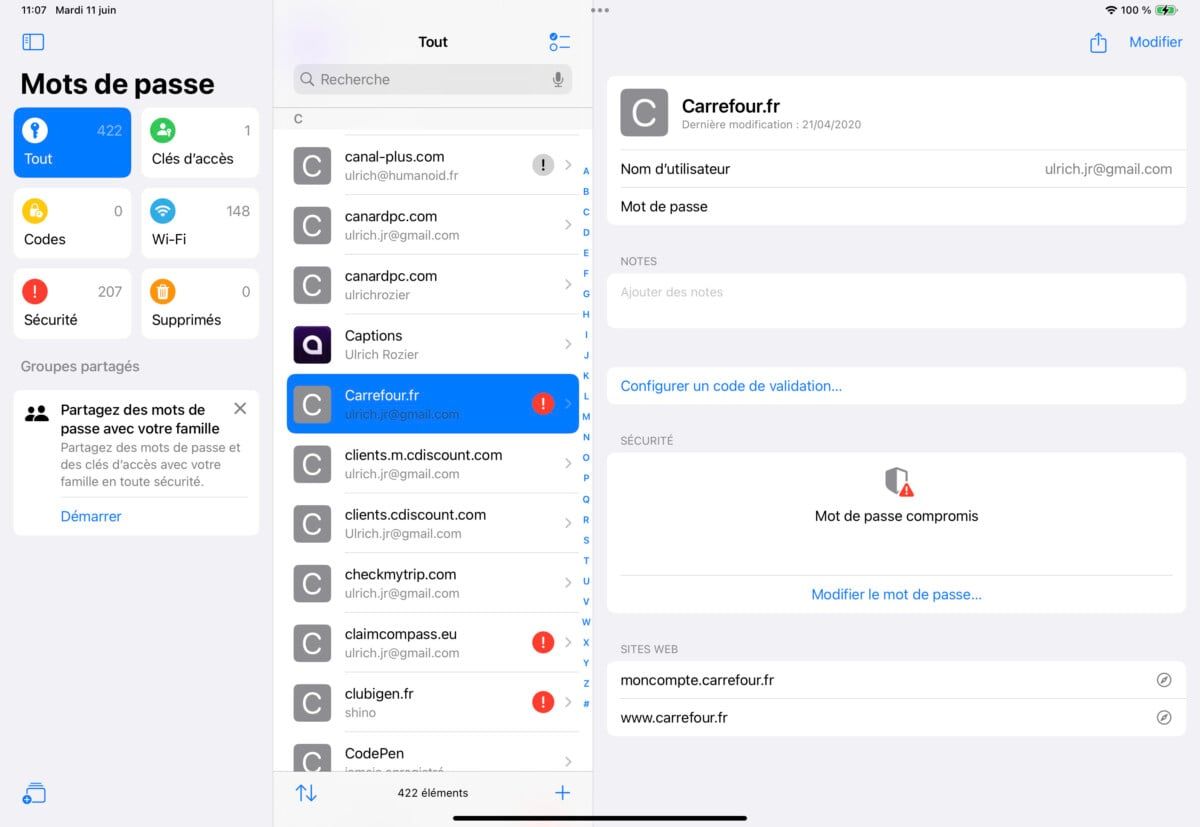Do you know Apple’s “Sherlocking”? This practice consists of integrating functionalities of third-party applications into its own OS, thus condemning them to disappear. With WWDC 2024, the Cupertino company is doing it again.
With iOS 18, iPadOS 18 and macOS Sequoia, announced at WWDC, Apple unveiled a plethora of new features that will change the way we use our devices. But behind these tempting announcements lies a less encouraging reality: the planned death of many third-party applications.
What is Apple’s “Sherlocking”?
The term ” Sherlocking ” refers to Apple’s practice of integrating functionality from third-party applications into its own operating systems, thereby rendering those applications obsolete.
This strategy takes its name from the Sherlock application, released by Apple for macOS 8 in the late 1990s. It was intended to help users find files on their Mac computers and perform searches on the Internet.
At that time, a company called Karelia Software launched a $29 search application called Watson, which had plug-ins and other features for better web searches. Apple released the Sherlock 3 app in 2002, which had similar functions to Watson, and quickly eliminated Karelia’s app.
iOS 18, Apple’s lethal weapon against third-party applications
With iOS 18, but also macOS Sequoia, the trend is confirmed: many third-party applications risk disappearing, because Apple has integrated their functionalities into its own OS. Among the potential victims, we can cite several.
Password managers in danger
With the arrival of Apple’s Passwords app, third-party password managers, such as 1Password, LastPass, BitWarden, Dashlane or Proton Pass, could well find themselves in trouble.

This new free application offers features similar to those of its competitors, such as the generation of complex passwords, double authentication,passkeysand synchronization between Apple devices, but also Windows PCs. Enough to seriously compete with established market players.
Voice transcription under threat
Voice transcription applications, such as Otter, AudioPen or Voiceenotes, could also suffer from competition from Apple.
With the voice transcription feature built into the Notes app in iOS 18, users will be able to easily transcribe their audio recordings directly within the app, without the need for a third-party app. A feature that could well spell the end of applications dedicated to voice transcription.
Call recording and transcription in the viewfinder
Call recording and transcription apps, like TapeACall or Truecaller, could also be made obsolete by new iOS 18 features.

Apple’s mobile operating system update incorporates similar features, allowing users to record and transcribe their calls directly from their iPhone, without the need for a third-party app.
iPhone mirroring on Mac competed
iPhone mirroring apps on Mac, like LetsView, TeamViewer, Chrome Remote Desktop or AnyDesk, could be supplanted by the native functionality of iOS 18.

The update to Apple’s mobile operating system, macOS Sequoia, allows users to mirror their iPhone screen to their Mac without the need to install a third-party app. This new feature could well make applications dedicated to screen mirroring obsolete.
Window management applications on macOS on borrowed time
Window management applications on macOS, such as Magnet, Spectacle, LayAuto or Divvy, could also be replaced by the improvements made to macOS Sequoia.
Apple’s desktop operating system update includes new window management features, making it easier for users to organize their applications on their Mac screen. An advance which could well make third-party applications dedicated to window management useless.
Custom emoji apps in line of sight
Finally, personalized emoji apps, like Newji, could be overshadowed by the new features of iOS 18. Indeed, the update of Apple’s mobile operating system integrates new customizable emojis, allowing users to create avatars in their image directly from their iPhone.
A feature that could well spell the end of third-party applications dedicated to personalized emojis.
Who is responsible for this situation?
It is legitimate to wonder if Apple is responsible for the disappearance of these third-party applications. After all, these applications were developed to fill gaps in the functionality offered by Apple’s OS.
However, we must keep in mind that Apple’s ecosystem is closed and that developers take the risk of depending on Apple’s goodwill to do or not to do. In this context, it is difficult to blame Apple for integrating functionality similar to those of third-party applications into its own OS.
However, Apple’s strategy is reminiscent of free competition and initiatives as seen in Europe with the Digital Markets Act (DMA) which requires Apple to open entire sections to competition. Which could be an issue for certain services, such as password managers.








